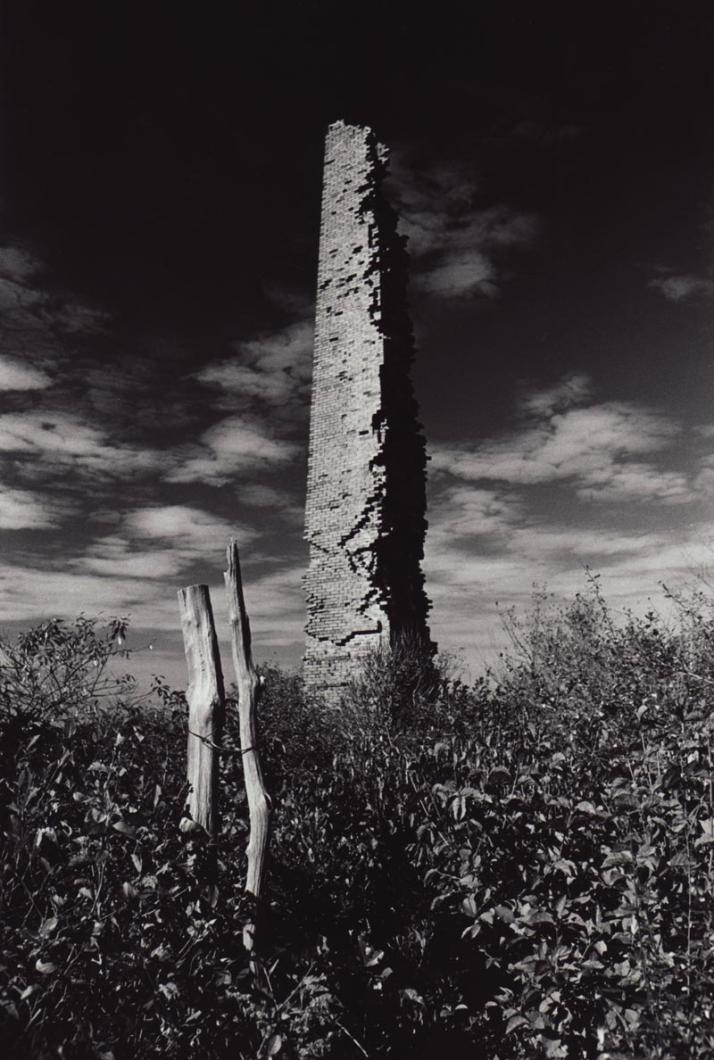The arcane issue of clay rights surfaced this week in Chilmark when the town selectmen voted to approve a tax rate for the coming year.
At their meeting Tuesday selectmen approved a tax rate of $2.29 for 2013 at the annual public property rate classification hearing with the board of assessors. The rate of $2.29 per thousand-dollar valuation is an increase of 21 cents over last year’s rate of $2.08.
The average tax bill is expected to be $3,200, about a $200 increase over last year, assistant assessor Pamela Bunker said. The average property assessment for 2013 is $1.39 million, down slightly from $1.4 million in 2012.
Total valuations for 2013 are $3.14 billion, down from $3.2 billion in 2012, a 1.6 per cent decrease.
Selectman and board chairman Jonathan Mayhew pressed the assessors on whether the town could tax for clay rights. Dating to the days of the brickyard on the north shore, clay rights are held by members of the Harris family, who still hold a deeded right to mine for clay on several parcels of land in town. Although mining for clay no longer occurs in Chilmark, taxes are discounted on properties encumbered by clay rights, because the owner may not have full use of the land.
“I have a problem with the fact that . . .there is no income to the town of Chilmark while they have the opportunity with clay rights,” Mr. Mayhew said.
Ms. Bunker said western states such as Colorado can tax for mineral rights, “but when I was looking up in Massachusetts we’re not supposed to tax for undivided interest.”
“We’re not supposed to give separate tax bills for clay rights . . . because you’re unable to obtain mortgage insurance for those particular pieces of property,” she said. “We do recognize that with the discount to the parcel, the only thing we’d be able to do as a town would be to tax them and not grant the discount.”
Ms. Bunker said nine parcels in town have received a property tax discount due to clay rights.
“The town loses the value because the rest of the taxpayers have to pick it up,” Mr. Mayhew said. “It’s something we need to think about.”
Ms. Bunker said she would research how much lost revenue is involved as a result of the clay rights.




Comments
Comment policy »